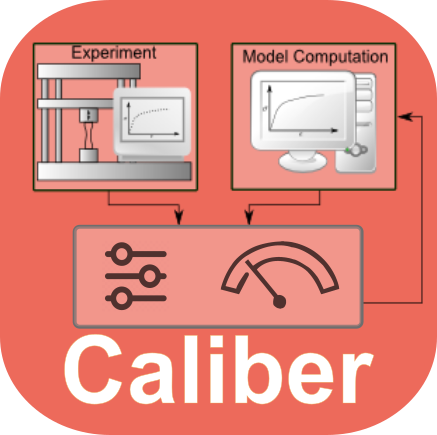
How to Make Cars
Safe and Light?
Solutions
Virtual recreation of catastrophic crash can help understand how an automobile’s structural components behave under extreme loading situations.
Materials typically fail differently depending on the loading it is subjected to. To make the design safe and light, it is essential to include the ‘true’ strength of the material until after failure (post-buckling). This ensures that the material is used to its fullest extent and the structure/component’s optimal weight.
It is challenging to predict cracks around holes, edges, and welds in ultra-high-strength-steel (UHSS) during crash conditions. Using plastic strain from standard tensile tests or a forming limit diagram (FLD) as an indicator of failure is not adequate. The solution is very dependent on the element size and only valid for monotonic loading. Also, the maximum plastic strain at failure is dependent on the element size and thickness of the samples.

Software to predict damage &
post-bucking behavior
Safe Light
SafeLight is a library of models for material failure based on stress tri-axiality that can capture the post-buckling behavior, including the element size and thickness dependency. This model can be coupled to results from thermo-mechanical forming analysis & can predict force-response post-buckling.

Software to predict phase evolution

Model Calibration
Testing and Calibration
A carefully planned testing regime must be executed to calibrate the model. This involves designing the test matrix, machining the specimen, performing the tests, calibrating the model, and performing validation tests.

Modeling Support Package
Engineering Services
Engineering support integrates our libraries with the client’s existing analysis software to predict material failure and post-buckling behavior accurately. We will also help you set up simulation pipelines and enable and ensure the accurate interpretation of simulation results.
